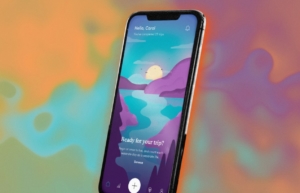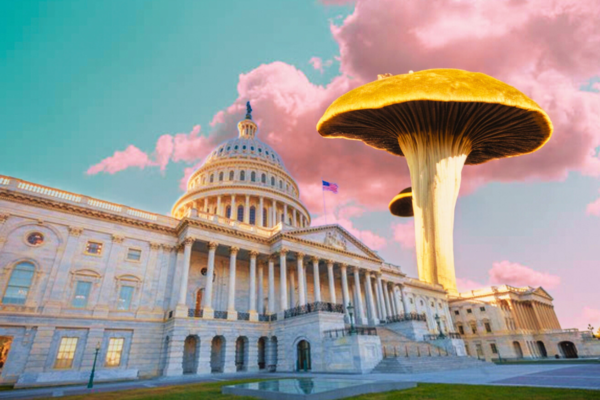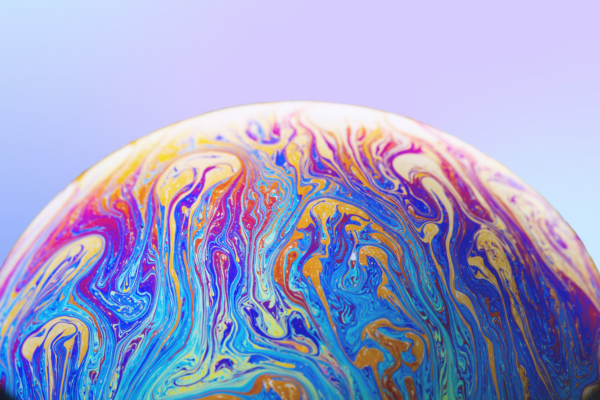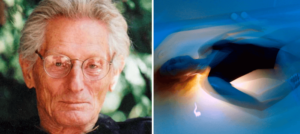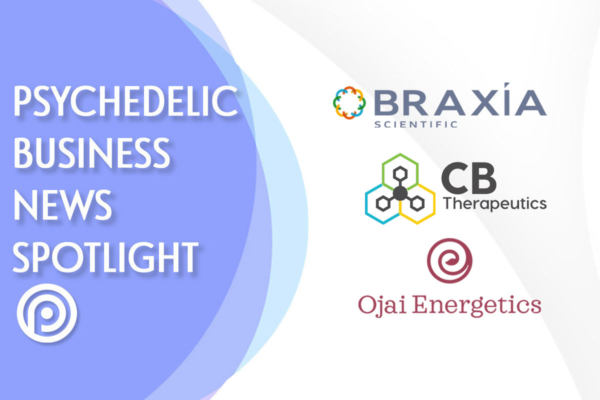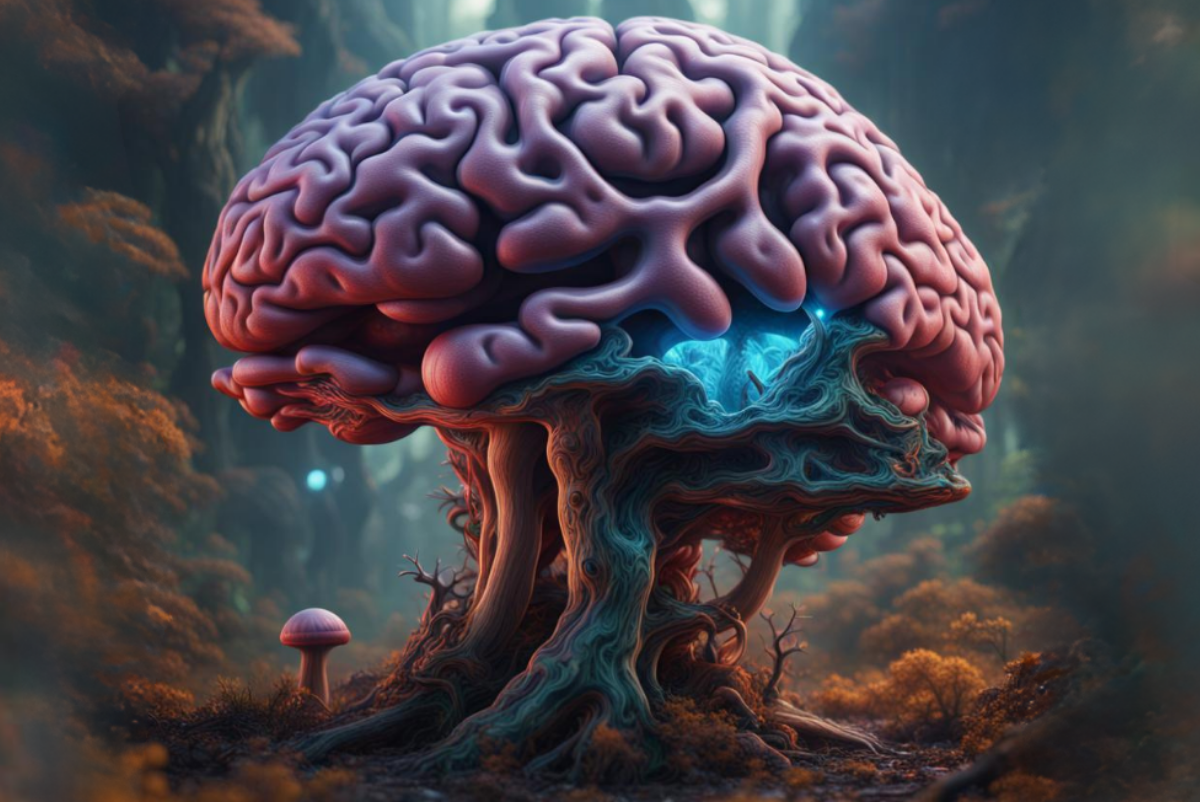
What variables, if any, can predict the intensity of a psychedelic mystical experience?
Perhaps a better question to ask is: why would identifying these variables be useful?
Researchers at King’s College London, specifically at the Institute of Psychiatry, Psychology & Neuroscience believe that gaining insights into the potential predictors of a psychedelic experience will lead to improved therapeutic outcomes for psychedelic therapists and their patients.
To put their belief in motion, via a post hoc analysis, they investigated whether the following factors had an impact on the intensity of a psilocybin experience, whether the experience was characterized as mystical or challenging.
- Dosage
- Personality
- Affect (The patient’s emotional state prior to psilocybin administration, such as excitement or fearful)
- Age
- Biological sex
- Prior psychedelic experience
Although their results indicated that most of the examined factors had no noticeable impact, the following three variables stood out as influential.
Age
Contrary to their hypothesis, age was found to be a predictor of the intensity of a psilocybin experience. The study showed that older participants frequently had softer and less intense challenging experiences throughout their trips, concluding that age was negatively correlated with the intensity of a challenging experience.
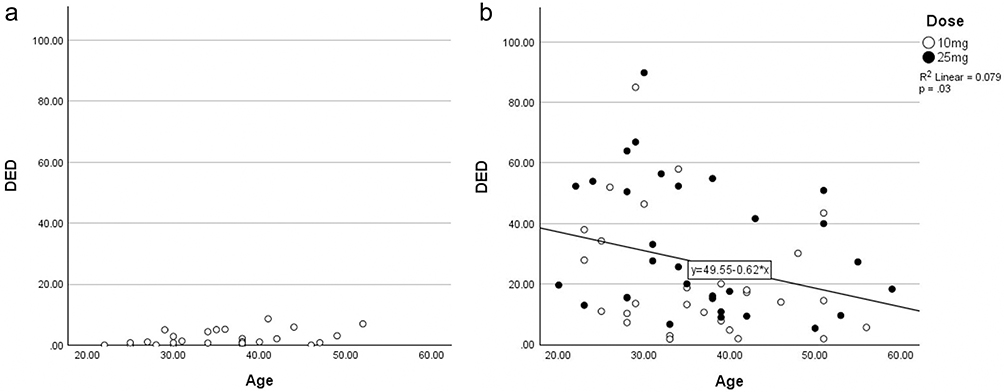
The researchers suggested that, “This likely reflects the influence of psychological or biological factors associated with increasing age, such as the development of better coping skills for negative or challenging experience, rather than age itself.”
Dosage
As expected, dosage was found to be directly correlated with the intensity of a psilocybin experience. The higher the dose, the more powerful and profound the experience was. The lower the dose, the less intense the experience was — confirming a well-establsihed idea in the world of psychedelics.
Neuroticism
The study concluded that participants with higher levels of neuroticism reported more intense and challenging experiences, despite the fact that there was no correlation between the intensity of a psilocybin experience and the other well-known and highly studied personality traits (extraversion, agreeableness, openness, and conscientiousness). Neuroticism relates to one’s emotional stability. People who display high levels of neuroticism typically experience negative emotions such as anxiety, depression, anger, and irritability. This finding is consistent with other studies and suggests that a person’s tendency toward emotional instability may predispose them to the more challenging aspects of a psychedelic encounter.
Read also: Can Personality Traits Influence the Psychedelic Experience and Vice Versa?
Final thoughts
It is critical to fully assess one‘s current condition before enduring any sort of psychedelic therapy protocol. With a better understanding of these predictive elements, therapists and patients can adjust therapeutic strategies accordingly.
![Could This DMT Company Break Through the Addiction Market? [ENTHEON:The Next Big Psychedelic Stock?]](https://psychedelicspotlight.com/wp-content/uploads/2022/06/maxresdefault-45-600x338.jpeg)
